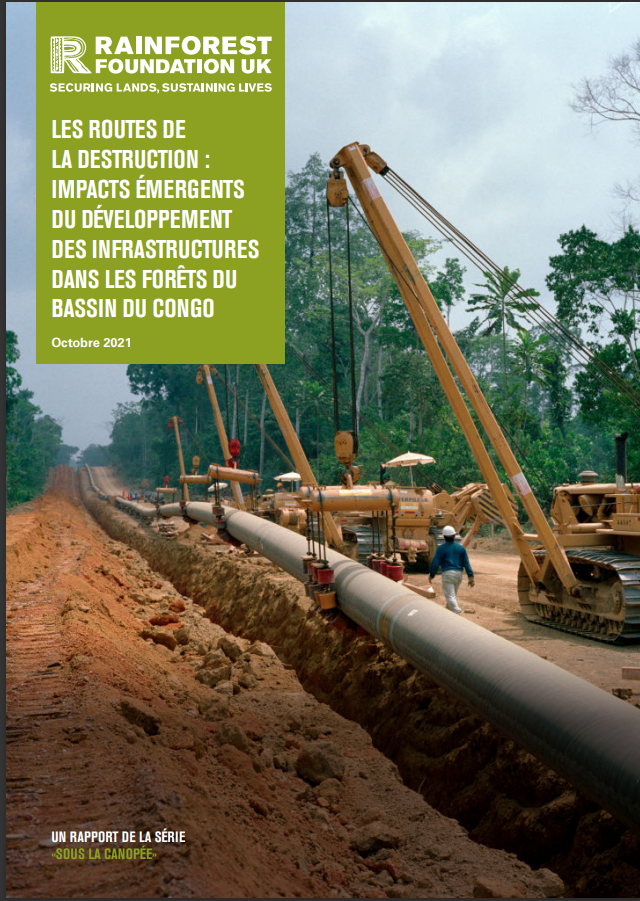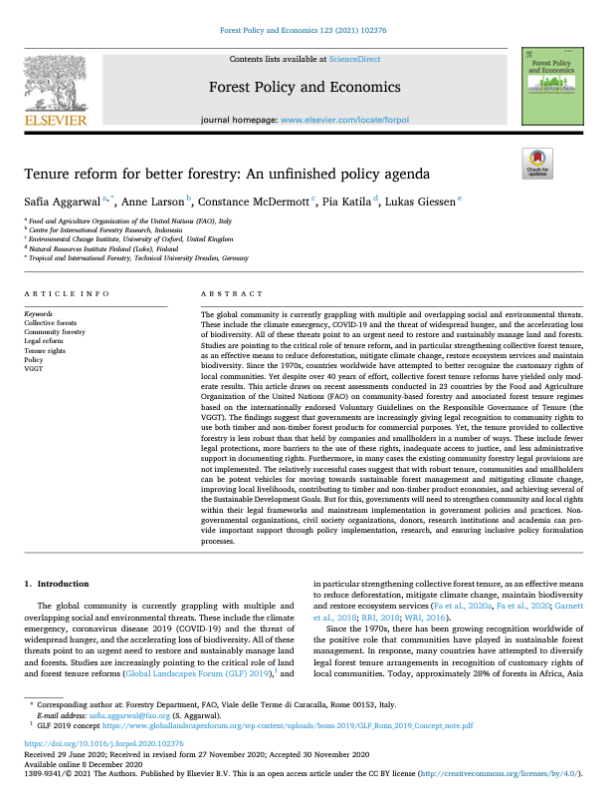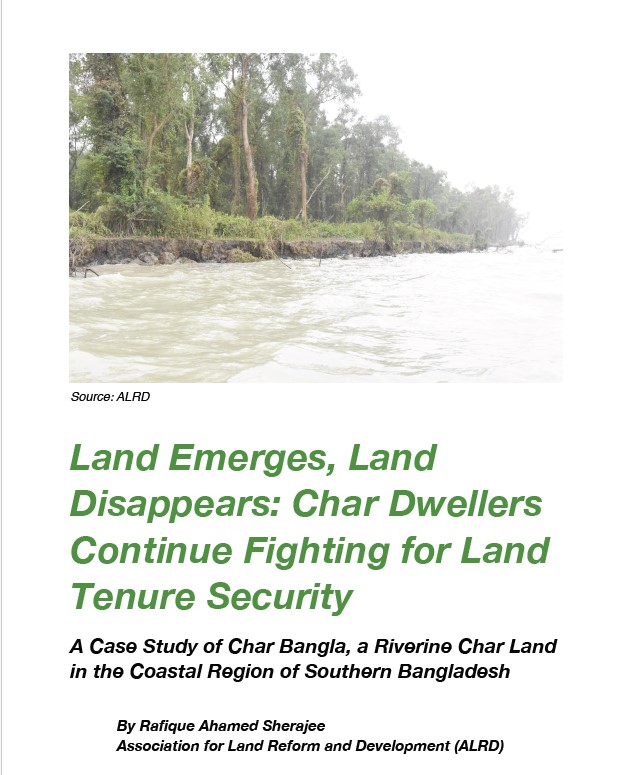Little Progress in Practice
Despite the progress made in terms of global and national land policy frameworks, effective changes in practices remain limited. This is particularly the case with regard to large-scale land acquisitions (LSLAs), as highlighted through this assessment of the implementation of the Voluntary Guidelines on the Responsible Governance of Tenure (VGGTs) in the framework of LSLAs in Africa.
Key results for Africa include:










